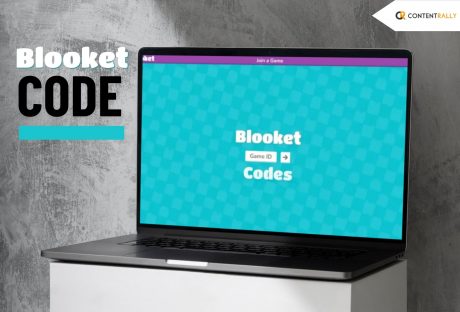Nowadays many universities have transformed their in-person class to online class because of the outbreak of the COVID 19 pandemic situation.
But studying at home is certainly very challenging for most of the students especially for the mass communication students as they can get distracted by various things like pets, family members, roommates, etc.
There may also be some tech problem or you may have limited access to the equipment which can be a huge barrier to effective online learning. Studying at home also requires strong willpower that helps you to stay focused. You will also need a laptop for studying at home and all the accounting laptop details explained here.
Apart from that, you also need to implement some strategies and adopt some habits that will help you to study effectively in the new environment.
Things that you need to study at home:
The following are some essential things that you must do for studying at home effectively during this COVID pandemic situation:
Have a designated study area:
While you study at home it is very important to create a physical boundary between the study and relaxation area of the student.
This will help you to stay focused while studying at home. Apart from that, it is very essential to study to keep your study area clean. Make the study area organized so that you can give more time to studying.
Many students have a habit of studying on the bed but you should avoid it and keep it reserved for your nap at night.
Create a routine and stick to it:
While you study at home you must treat your home as a library or classroom. You must set a time for waking up, freshen up, eating breakfast, and getting dressed and this will signal your brain that it is the time to get back to study.
You can write down your schedule so that it becomes easier for you to remember your routine. You must also set a reasonable limit for spending study time each day.
Moreover, you also need to break up your study session into some manageable chunks of time.
Take notes for online classes:
You must put your phone away while studying at home. Apart from that, you must also turn off your notifications from messages and social media on both your mobile and computer.
Moreover, it is also essential to close all kinds of irrelevant web pages for minimizing distraction. You should always keep your hand busy while taking notes from the online classes instead of browsing anything on the mobile or laptop. This will help you to turn your attention to the content of your class.
Keep a routine for physical activity during the study:
You should not try to study continuously. Create a routine and set a break time for your study session.
That means, you must have a break time after every 45 minutes of study and during that time you must get up and move around or do some activity like gossiping, watching television, looking at the view outside, or doing something else. This will help you to activate different parts of the brain.
Eat and sleep well:
You should not forget to eat properly since your body requires some fuel to keep you active. Thus you should have healthy snacks while studying. It is also very important to make sure that you do not take that type of lunch which will make you sleepy.
Apart from that, it is also very necessary to have a sound sleep of 7-8 hours at night that will help you to wake up refreshed so that you can get ready to work afresh.
Avoid multitasking:
Last but not least you must not engage in multitasking while studying. Instead, you must set a schedule for doing a particular work at a particular time.
It is highly necessary to focus on a particular work at a particular time. There should be a separate time for studying, relaxing, exercise and other world and you should never try to do all your work at a time.
If you set separate time for every work all your work will be done smoothly.
Read Also:
- 7 Reasons Why Online Education is Very Popular
- Online Schools the Only Source for Personalized Education
- The Benefits of an Online Adult Education

























